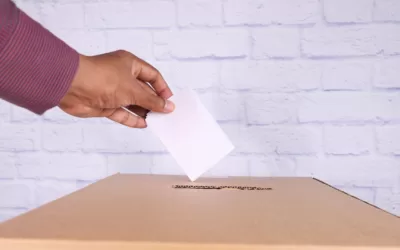In the mosaic of societal structures, few elements are as pervasive and consequential as social class and economic inequality. These phenomena, deeply ingrained in the fabric of societies, manifest in a myriad of ways, influencing everything from individual life choices to the broader contours of social and political landscapes.
At its core, social class is a hierarchical system that categorizes individuals based on factors like wealth, occupation, education, and lineage. This stratification results in an unequal distribution of resources, opportunities, and privileges, creating a chasm between the haves and the have-nots. The repercussions of this divide are profound, affecting individuals and communities in both overt and subtle ways.
Economic inequality, a close relative of social class, refers to the uneven distribution of wealth and income within a population. It’s a global phenomenon, present in every society, albeit to varying degrees. This inequality often leads to a concentration of wealth in the hands of a few, while a significant portion of the population struggles with poverty and limited economic opportunities.
The impact of these disparities is far-reaching. On an individual level, they shape life trajectories, dictating the quality of education, healthcare, and housing one can access. They influence career prospects and social mobility, often determining whether a person’s path is paved with opportunities or obstacles.
The ripple effects of social class and economic inequality extend into the social realm. They breed a sense of alienation and disenfranchisement among those at the lower rungs of the societal ladder, sometimes leading to social unrest and tension. This stratification can also result in the formation of class-based subcultures, with distinct values, norms, and behaviors, further entrenching divisions.
Culturally, these disparities influence art, literature, and media, often dictating what is produced and consumed. The narratives and perspectives of the affluent are more likely to be amplified, while those from lower socio-economic backgrounds struggle to find a platform for their voices.
Politically, the impact is equally significant. Economic inequality can lead to the erosion of democratic processes, with wealthier individuals and groups wielding disproportionate influence over political decisions and policies. This concentration of power can perpetuate the cycle of inequality, as policies favor the interests of the wealthy, often at the expense of the broader population.
The consequences of social class and economic inequality also have a psychological dimension. They can engender feelings of inadequacy, stress, and a perceived lack of control among those in lower socio-economic groups, contributing to mental health issues. Conversely, those at the higher end of the spectrum may experience guilt, anxiety, or a sense of disconnect from the rest of society.
In the realm of public health, the disparities manifest starkly. Lower socio-economic status is often correlated with higher rates of illness and lower life expectancy, exacerbated by limited access to quality healthcare and healthful living conditions.
In education, the divide perpetuates a cycle of inequality. Children from wealthier families generally have access to better educational resources and opportunities, setting them up for future success, while those from less affluent backgrounds face hurdles that can impede their academic and professional progress.
Addressing these disparities is a complex challenge, requiring a multifaceted approach that includes policy reform, educational initiatives, and efforts to raise public awareness. It involves tackling deeply entrenched societal norms and structures, necessitating both systemic changes and shifts in individual attitudes.
In conclusion, social class and economic inequality are not just abstract concepts; they are lived realities that shape the social fabric in profound ways. They influence how societies function, how individuals interact, and how resources are allocated. Understanding their impact is crucial in envisioning and striving towards a more equitable and inclusive society, where opportunities and prosperity are not the prerogatives of a few but the shared heritage of all.
Crossword Puzzle in Context
All the words you need to solve the crossword puzzle below can be found in the article above. Enjoy!
Crossword Puzzle PDF (With Answers)
Master the New Words
Don’t stop here! Keep practicing these words and add them to your permanent vocabulary bank.











0 Comments